WHO says convalescent plasma not proven to cure coronavirus
There are questions and concerns after the FDA gave emergency authorization to treat COVID-19 patients with convalescent plasma.
•
Aug 24, 2020, 9:46 PM
•
Updated 1,718 days ago
Share:
More Stories
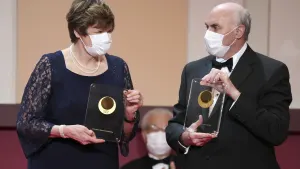
Nobel in medicine goes to 2 scientists whose work enabled creation of mRNA vaccines against COVID-19
584ds ago1:25
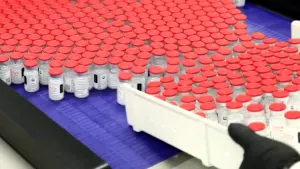
Pharmacies say they have not received orders for newest COVID booster
589ds ago0:21
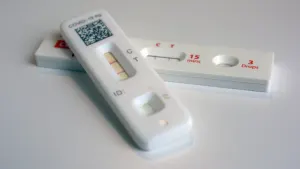
Biden administration announces $600M to produce COVID tests and will reopen website to order them
596ds ago0:41
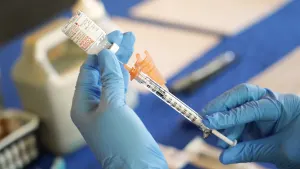
Gov. Hochul: Updated COVID-19 vaccine to be available in NY in the coming days
603ds ago2:13
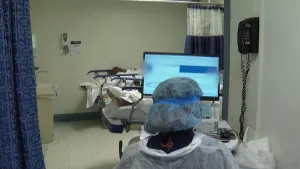
NYSDOH: COVID numbers up with new variant accounting for 17% of new cases
637ds ago2:30
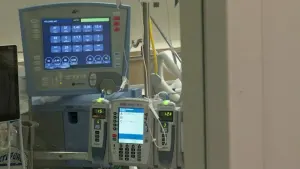
NYSHD: Hospitalizations caused by COVID increase by 22% in a week
645ds ago
Nobel in medicine goes to 2 scientists whose work enabled creation of mRNA vaccines against COVID-19
584ds ago1:25

Pharmacies say they have not received orders for newest COVID booster
589ds ago0:21

Biden administration announces $600M to produce COVID tests and will reopen website to order them
596ds ago0:41

Gov. Hochul: Updated COVID-19 vaccine to be available in NY in the coming days
603ds ago2:13

NYSDOH: COVID numbers up with new variant accounting for 17% of new cases
637ds ago2:30

NYSHD: Hospitalizations caused by COVID increase by 22% in a week
645ds agoThere are questions and concerns after the FDA gave emergency authorization to treat COVID-19 patients with convalescent plasma.
Chris Yackel, of Center Moriches, is one of the many Long Islanders who has recovered from COVID-19. He has now donated his blood plasma eight times in an effort to help others who are still sick.
"If you've got an opportunity to help people, why wouldn't you? It doesn't hurt, doesn't cost you anything, it's a good thing to do," said Yackel.
Since the early days of the outbreak, a number of hospitals on Long Island have been using the experimental treatment -- both Stony Brook and Northwell are doing clinical trials.
President Donald Trump announced Sunday that the FDA gave the therapy "emergency use authorization."
"Plasma is the liquid portion of the blood. That liquid portion contains the natural immunity that someone develops in response to an infection," said Stephen Hahn, FDA commissioner.
But the World Health Organization Monday cautioned that convalescent plasma is not a cure. In fact, the chief scientist said it's not yet scientifically proven that it makes a difference at all.
The senior adviser to WHO's director general, Dr. Bruce Aylward, says there are negative side effects.
"From a relatively mild fever and chills to more severe lung-related injuries and circulatory overload," Aylward.
Dr. Timothy McGinn, with Northwell Health, says many opportunities were missed to conduct proper clinical trials, which should have included creating a "control sample" of patients receiving a placebo instead of the convalescent plasma. He says FDA authorization will further hurt the research effort.
"As long as we keep this open, it's going to be hard to convince anyone to participate in a clinical trial where you might get a placebo," said McGinn.
President Trump Saturday accused the FDA of waiting to approve the authorization for political reasons.
The FDA commissioner did not respond to reporter questions about whether he had been pressured to now give the approval.
More from News 12
2:21

Elwood school district asking voters to approve budget that pierces tax cap to avoid cuts
2:19

STORM WATCH: Periods of rain through Friday, chance for thunderstorms
0:31

Officials: Man accused of stabbing Suffolk police officer faces additional multiple charges for damaging cars
0:32

Police: 2 men accused of scamming woman out of $387,000 in Greenvale
3:20

Long Islanders react to the naming of the Pope Leo XIV
1:32
